
Post by : Monika
OPEC+, the group of major oil-producing countries, is planning another increase in oil production, but there is disagreement among its members. Saudi Arabia wants a large increase, while Russia prefers a smaller, cautious rise. This debate has attracted global attention because OPEC+ decisions affect oil prices, fuel costs, and economies worldwide.
OPEC+ includes 13 members of OPEC, such as Saudi Arabia, Iraq, and the UAE, plus 10 other oil-producing countries like Russia. The group works together to regulate oil production and keep global oil prices stable. Their decisions can influence markets, businesses, and governments worldwide.
Why OPEC+ Matters
Oil is one of the most important resources in the world. It powers vehicles, industries, and electricity generation. The prices of oil affect everything from the cost of gas at petrol stations to the price of products in stores. When OPEC+ decides to reduce production, the supply of oil drops, and prices often rise. Conversely, if production increases, prices may fall.
OPEC+ had previously cut production significantly, by up to 5.85 million barrels per day, to support high oil prices. These cuts were made because of reduced demand during economic slowdowns and to stabilize the market. Now, many countries in the group want to gradually restore production as global demand improves.
The Current Debate
Currently, the main disagreement is between Saudi Arabia and Russia, the two largest players in OPEC+.
Saudi Arabia’s Proposal
Saudi Arabia is advocating for a large increase in production. Its suggested options include raising output by 274,000 barrels per day, 411,000 bpd, or even 548,000 bpd. Saudi officials argue that the country has the capacity to produce more oil and wants to regain market share. They believe that by increasing output, Saudi Arabia can benefit from higher sales and satisfy the global demand for energy.
Russia’s Proposal
Russia prefers a smaller increase, around 137,000 barrels per day. The Russian government and its energy ministry are concerned that a large increase could push global oil prices down, hurting the revenues of OPEC+ countries. Russia also faces challenges because of sanctions, technical limitations, and production difficulties.
Both countries have historically found compromise, but the exact size of the increase is still under negotiation. Analysts expect a moderate increase to be agreed upon, but the debate continues behind closed doors.
Previous Production Cuts and Adjustments
Earlier this year, OPEC+ cut oil production significantly. The cuts were designed to reduce oversupply and support oil prices during a period of weaker demand. Many countries in the coalition agreed to reduce output, but over time, some members have struggled to comply fully due to technical issues or economic pressures.
In October, OPEC+ already increased production by 137,000 barrels per day. This small adjustment was the first step toward restoring previous production levels. Now, the question is whether the group should continue with gradual increases or approve a larger jump in output.
The Upcoming Meeting
OPEC+ members are preparing for an online meeting in early November to finalize the next production decision. These meetings are closely watched by energy analysts, traders, and governments because any change in oil production can immediately affect global markets.
During the meeting, each country will present its proposal and concerns. Saudi Arabia will push for a larger increase, citing global demand and its ability to produce more oil. Russia will argue for caution to avoid destabilizing prices. Other members, like the UAE and Iraq, will weigh in with their own perspectives, balancing between market stability and revenue needs.
Impact on Global Oil Prices
The discussion about production increases has already affected oil prices. Over the past week, prices have fallen by more than 7% as traders anticipate higher oil supply. Brent crude, a global benchmark, is currently trading above $64 per barrel, while West Texas Intermediate is slightly lower.
If OPEC+ approves a large increase, oil prices may drop further. This could benefit countries that import oil, as lower prices reduce energy costs for consumers and businesses. However, it could also reduce revenue for oil-exporting countries, which rely heavily on oil sales for their budgets.
Challenges for OPEC+
There are several challenges that OPEC+ faces in making this decision:
Capacity Limits
Not all members can increase production immediately. Many countries are already producing near maximum capacity, and some lack the infrastructure to ramp up output quickly.
Sanctions and Technical Issues
Countries like Russia face sanctions that limit their ability to increase production and export oil. Technical issues in other countries, like Iraq and Nigeria, also constrain their production capacity.
Uncertain Global Demand
While demand is recovering in some regions, economic uncertainty remains. A sudden increase in supply without corresponding demand could lower prices and affect revenues.
Compliance Among Members
Even after an agreement is reached, all members must follow the quotas. Some countries may produce more than allowed, while others may fail to meet their targets, which could affect the balance in the oil market.
Market Expectations vs Reality
Sometimes OPEC+ announcements about production increases are larger than the actual delivered output. This gap can influence market sentiment and trading decisions.
Why the Decision is Important
Regional and Global Implications
A higher oil supply could benefit countries that rely heavily on imports. Cheaper oil reduces transportation and production costs, which can ease inflation in many economies.
For oil-exporting countries, the decision has financial consequences. Countries like Saudi Arabia and Russia depend on oil revenue to fund government programs. A small increase in supply could help maintain higher prices, while a large increase could risk reducing income if demand does not match the new supply.
Additionally, OPEC+ decisions influence global politics. Countries often negotiate oil supplies as part of larger diplomatic and trade strategies. Cooperation or disagreements within OPEC+ can therefore have wider geopolitical effects.
What Analysts Expect
Analysts also note that OPEC+ decisions are not only about economics but also about strategy. Countries like Saudi Arabia want to secure long-term market share, while Russia is more concerned about short-term price stability.
OPEC+ is once again at a crossroads. Saudi Arabia wants a large increase in oil production to regain market share, while Russia prefers a smaller rise to protect prices. Other members are watching closely as they weigh the benefits and risks.
The decision will have an immediate impact on oil markets worldwide, affecting prices for gasoline, diesel, and industrial energy. It will also influence government budgets in oil-exporting countries and the economic plans of importing nations.
As OPEC+ prepares for its November meeting, global markets remain attentive. Traders, analysts, and governments are waiting to see whether the group will compromise or continue debating the exact size of the oil output hike.
In summary, OPEC+ faces the challenge of balancing member interests, global demand, and market stability. The coming decision is not just about production numbers; it is about shaping the future of energy markets, global trade, and economic stability for the next year.
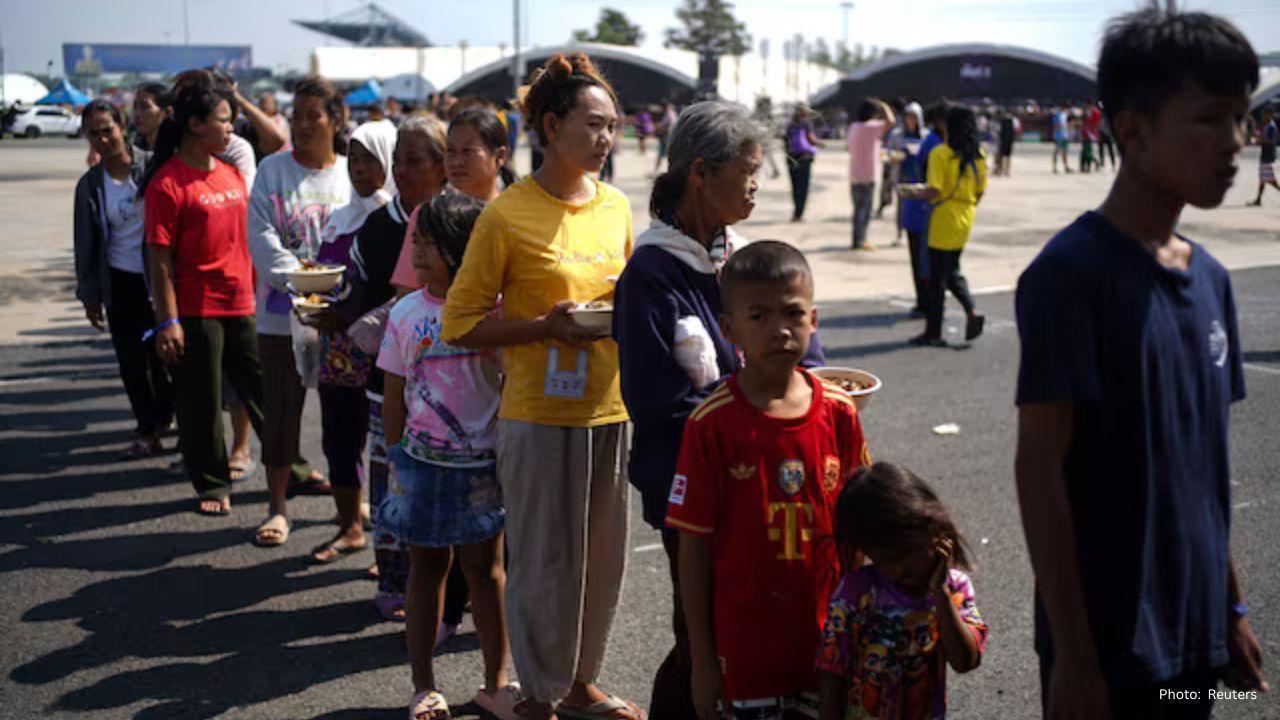
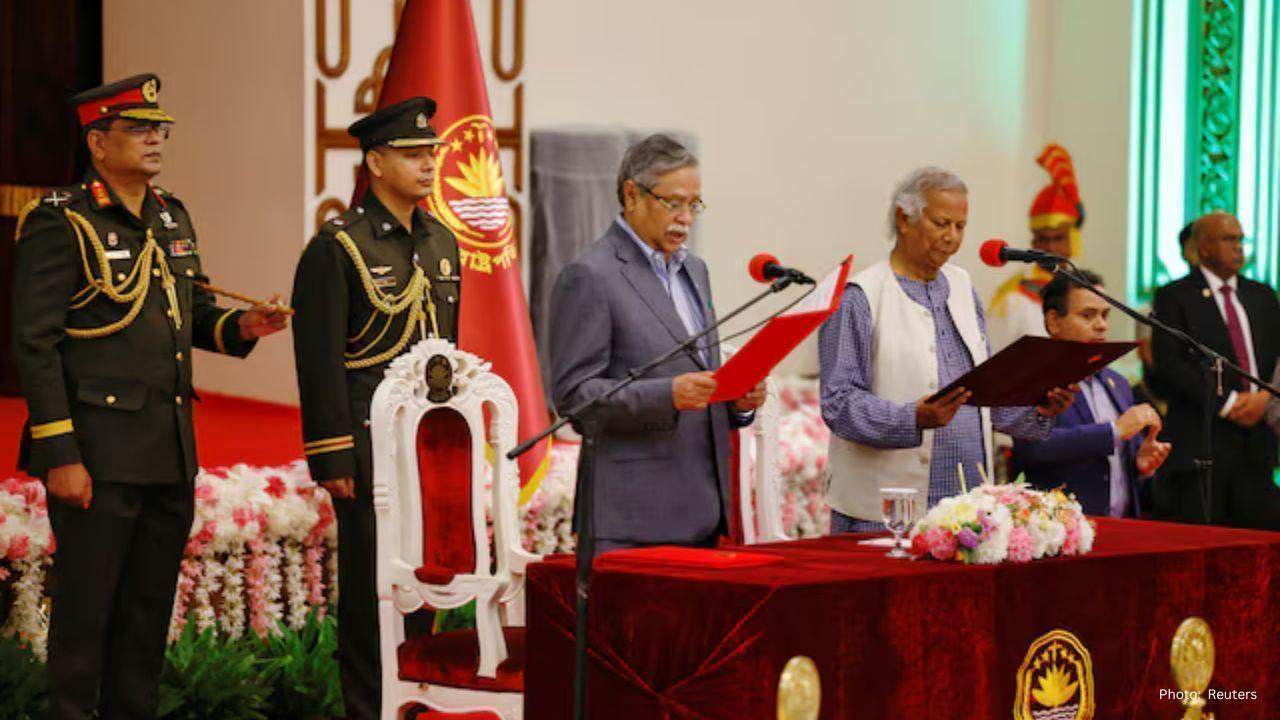
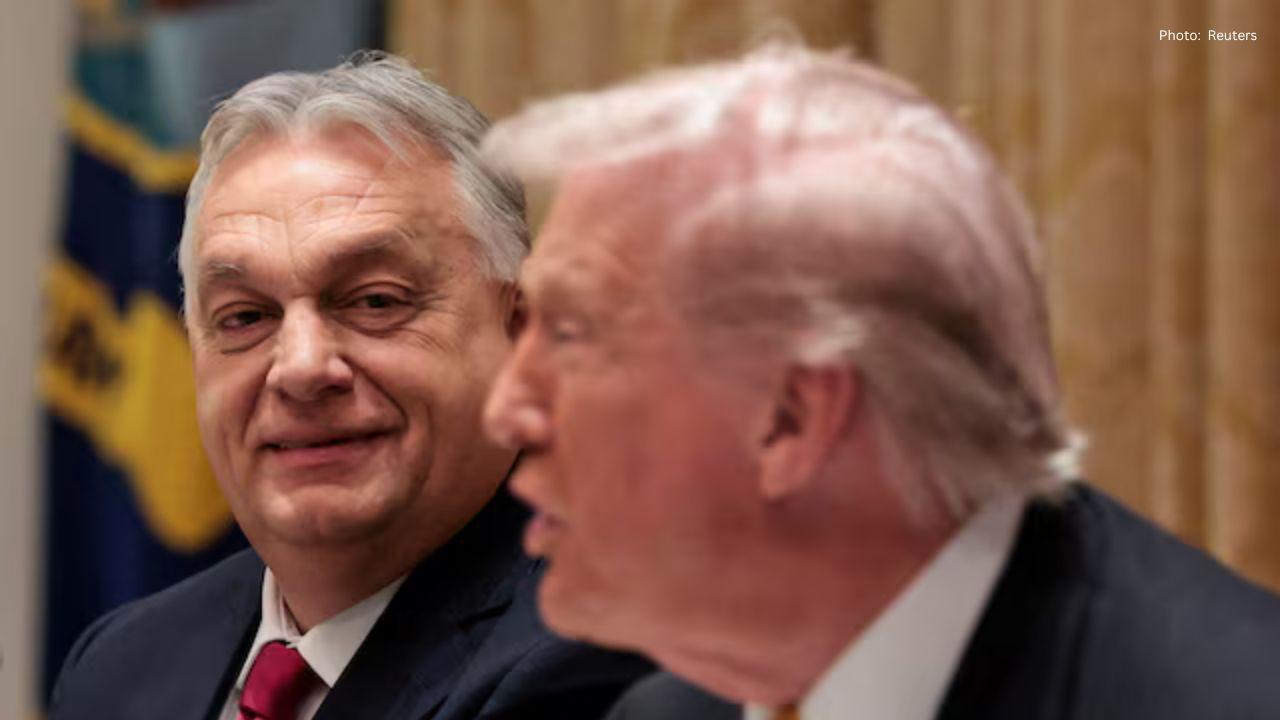
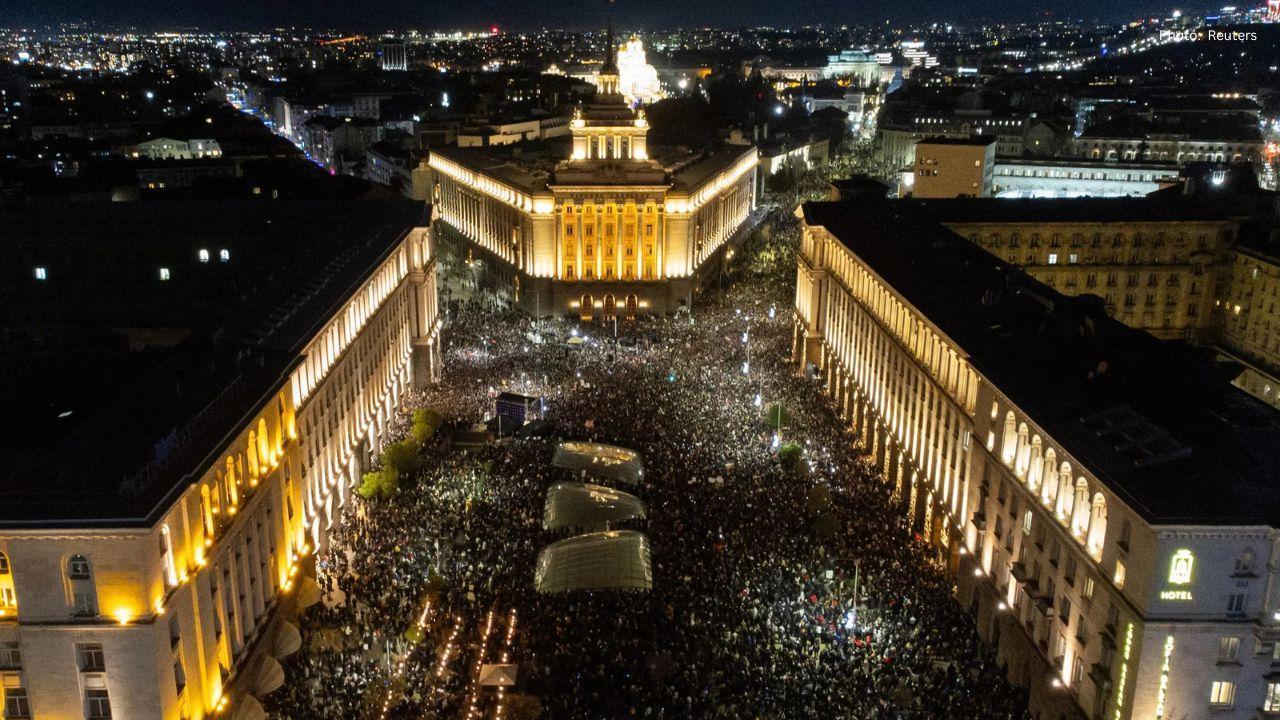
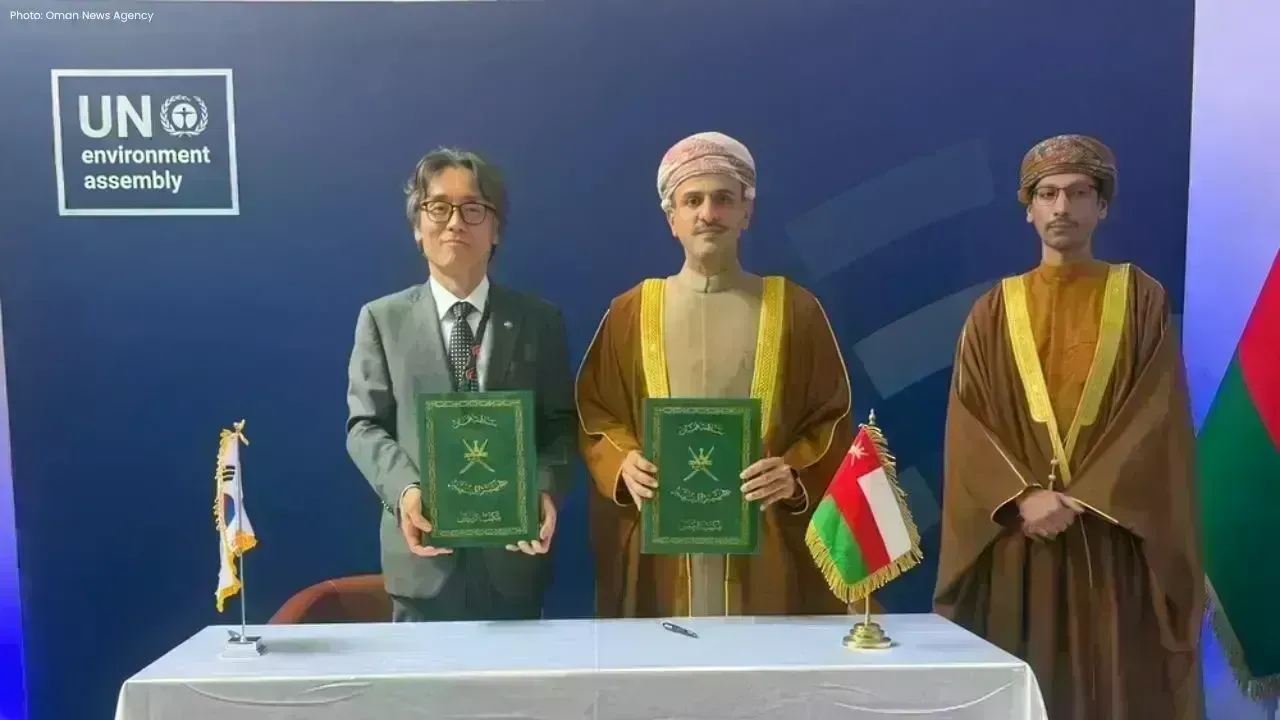
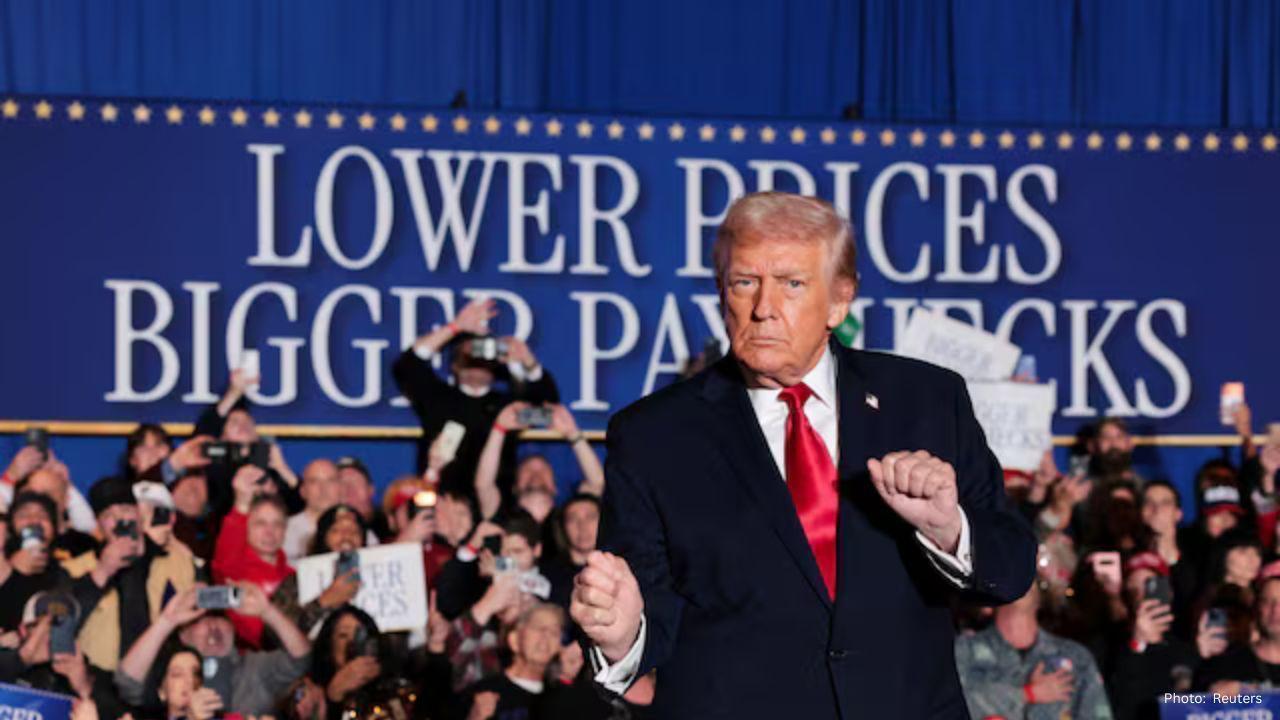

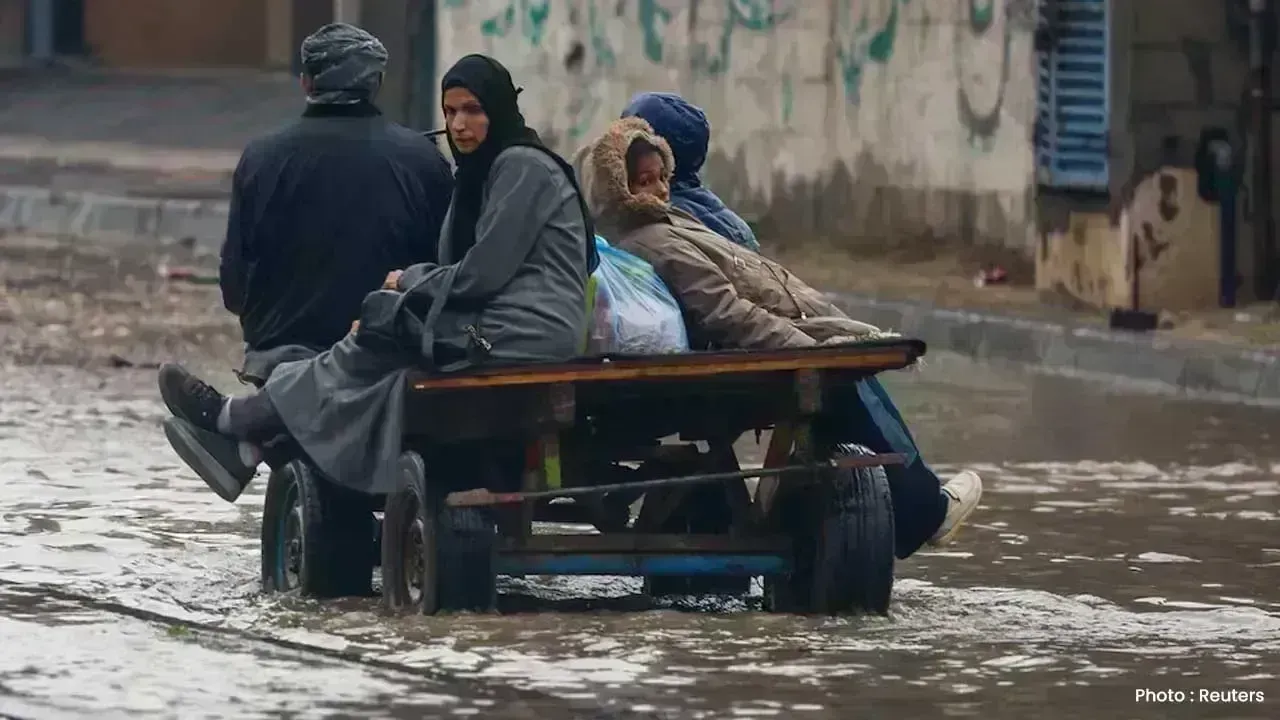
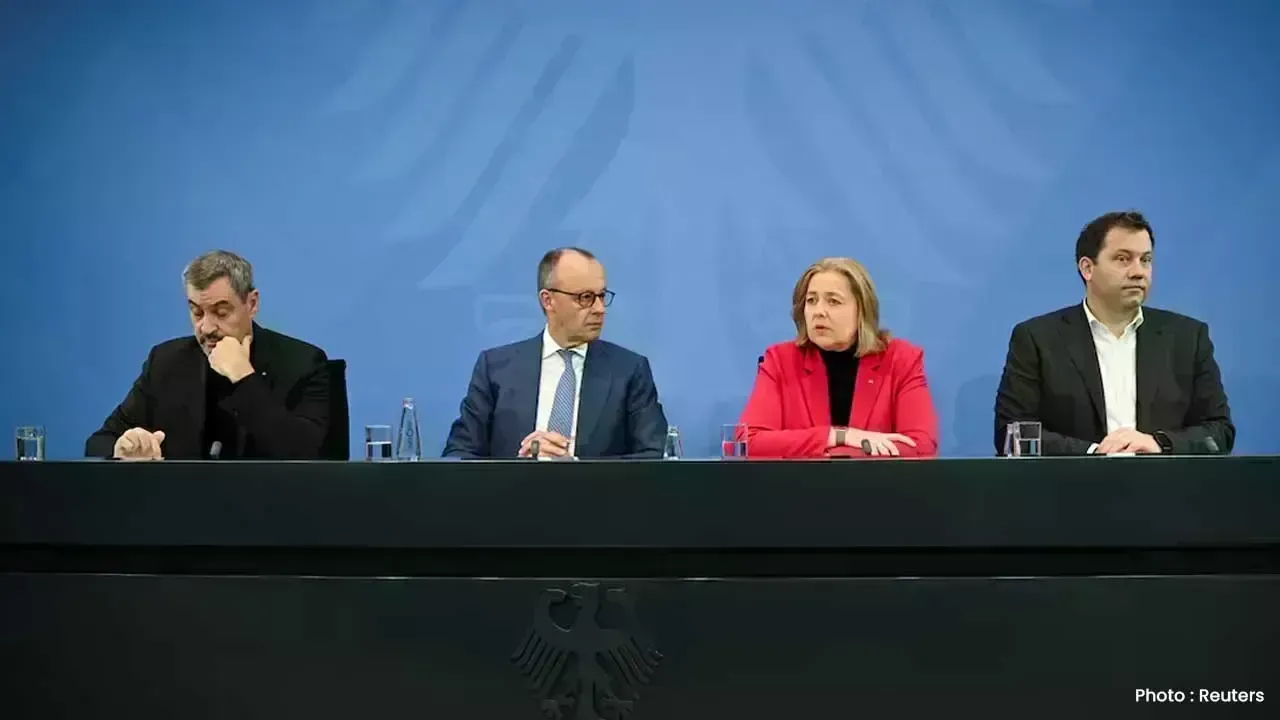

OpenAI Highlights Growing Cybersecurity Threats from Emerging AI Technologies
OpenAI has raised alarms about the increasing cyber risks from its upcoming AI models, emphasizing s

Manchester City Triumphs 2-1 Against Real Madrid, Alonso Faces Increased Scrutiny
Manchester City secured a 2-1 victory over Real Madrid, raising concerns for coach Xabi Alonso amid

Cristiano Ronaldo Leads Al Nassr to 4-2 Victory Over Al Wahda in Friendly Face-Off
Ronaldo's goal helped Al Nassr secure a 4-2 friendly win over Al Wahda, boosting anticipation for th

Landon Donovan Challenges Australia Coach on World Cup Prospects
Landon Donovan counters Australia coach Tony Popovic’s optimism for the World Cup, expecting an earl

Mercedes-Benz Forms Landmark Partnership with WTA
Mercedes-Benz and the WTA unveil a significant partnership effective January 2026, with major invest

Abhishek Addresses Divorce Rumours Concerning His Family
Abhishek Bachchan confirms that daughter Aaradhya remains oblivious to divorce speculations, focusin